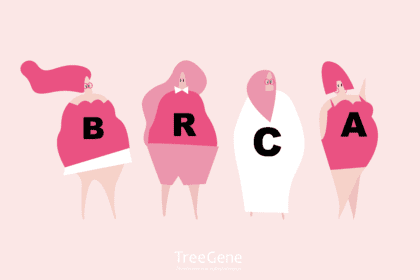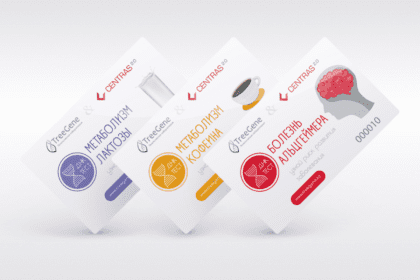 Viral hepatitis C - is an inflammatory disease of the liver caused by the hepatitis C virus (HCV). The hepatitis C virus has 6 types, called genotypes: 1,2,3,4,5,6. The genotype is determined once and does not change during the course of the disease. Hepatitis should be treated by qualified gastroenterologists/hepatologists.
Viral hepatitis C - is an inflammatory disease of the liver caused by the hepatitis C virus (HCV). The hepatitis C virus has 6 types, called genotypes: 1,2,3,4,5,6. The genotype is determined once and does not change during the course of the disease. Hepatitis should be treated by qualified gastroenterologists/hepatologists.
Diagnosis
| Hepatitis C virus, qualitative (HCV, qualitative) | Price 2 500 tenge |
| Hepatitis C virus, quantitative (HCV, quantitative) | Price 8 000 tenge |
| HCV genotyping (HCV genotypes 1a, 1b, 2, 3a, 4) | Price 7,900 tenge |
How isviral hepatitis C transmitted?
The source of viral hepatitis C is a patient with acute or chronic viral hepatitis C. In many cases, the patient remains unaware that he is a danger to others, since the vast majority of acute viral hepatitis C has a jaundiced form and no correct diagnosis is made, while those with chronic hepatitis feel completely healthy for many years.
Infection occurs when blood or other body fluids containing blood from a hepatitis C virus patient gets into the blood or mucous membranes of a healthy person.
According to the WHO, the most common circumstances in which infection occurs are the following:
- in cases of (medical and non-medical) use of non-sterilized equipment contaminated with HCV-containing material (during dental procedures, surgery, tattooing, piercing, scarring, manicure, pedicure....), reuse of disposable syringes, needles and other medical and non-medical instruments;
- in infected blood transfusions, hemodialysis, organ transplants;
- a newborn is infected from an infected mother during childbirth (much less often than with viral hepatitis B);
- in breastfeeding (much less often than in viral hepatitis B);
- The hepatitis C virus can be transmitted through sexual contact, but this is much rarer.
Treatment of viral hepatitis C
Combination antiviral therapy is the basis of treatment of chronic viral hepatitis C. International studies and clinical practice have shown that the combination of two drugs - (peg)interferon-alpha and ribavirin- is currently the most justified. They are less effective individually. However, in special cases of the disease (for example, contraindications to the prescription of one of the drugs), monotherapy with one drug can be prescribed. The doses of drugs and the duration of treatment are determined by your doctor individually, taking many factors into account.
Response to treatment
The effectiveness of antiviral treatment depends on many factors, the condition of the liver (stage of the disease), the course of the virus, the genotype of the virus, the overall health and other conditions. The current medications used to treat hepatitis C have serious side effects, are very expensive, and in addition, do not allow all patients to recover.
Along with clinical parameters, the status of the IL28B gene is a factor in the effectiveness of therapy. Determination of the IL28B gene polymorphism makes it possible to more clearly determine the prognosis of the course of the infection and the effectiveness of treatment, to determine the timing of treatment and doses of drugs.
| IL-28B gene polymorphism (prognostic factor of hepatitis C treatment efficacy) | Price 13200 tenge |
Useful Links
- http://hepatit.kz/
- http://www.gepatitu.net/
- http://www.hv-info.ru/








